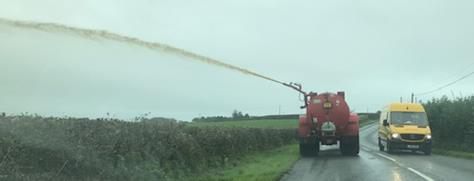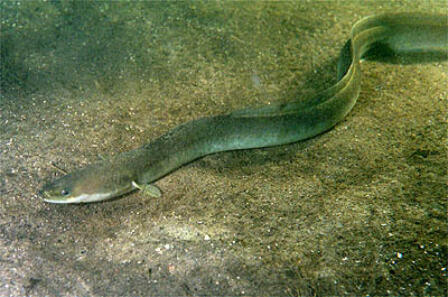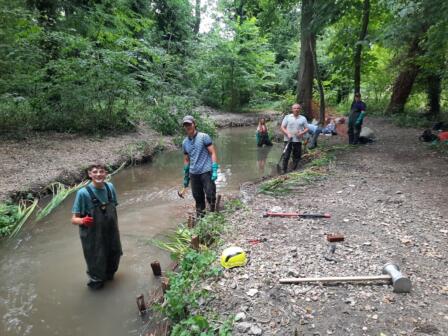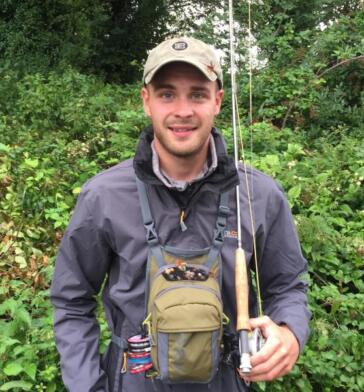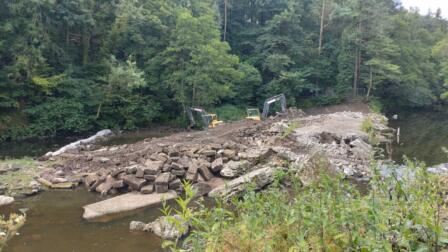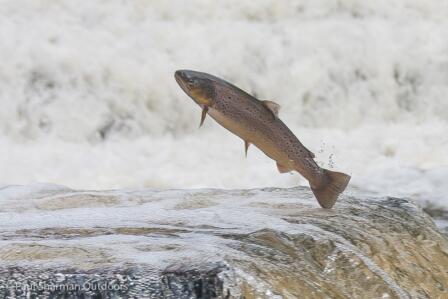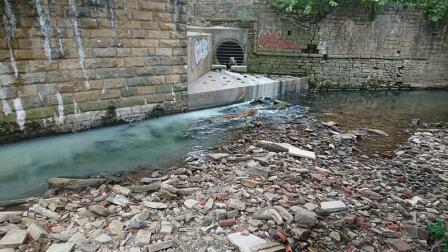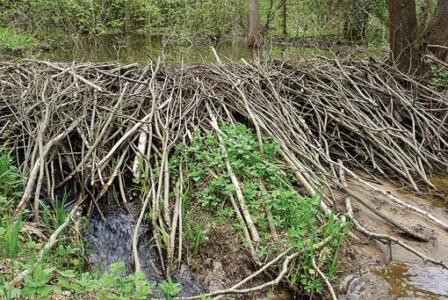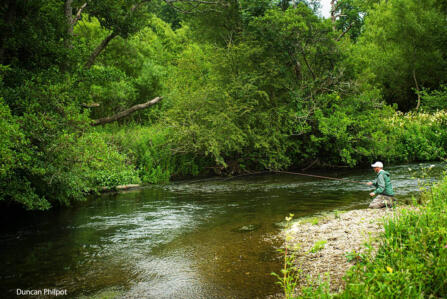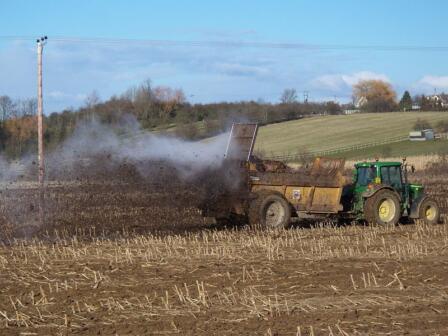In 2019, an Environment Agency report on pollution from farms on the River Axe in east Devon painted a damning picture, describing a river “abandoned” to polluting farms
Now, another Environment Agency report, this time from North Devon, paints an equally grim picture of illegal pollution and a lack of policing of the dairy industry, with farmers making “business” decisions to expand production at the expense of the environment, safe in the knowledge that they will be extremely unlucky to face any sanctions from regulators. This appears not to be an issue of the odd rogue farmer – it’s widespread - see also this even more recent investigation from Wales
There’s a common theme: little or no policing by Govt agencies.In August 2021, Defra announced increased funding for farm inspections in England, then, according to its CEO, Sir James Bevan, told the EA and its new team of inspectors not to enforce the very rules it had introduced to protect our rivers.
